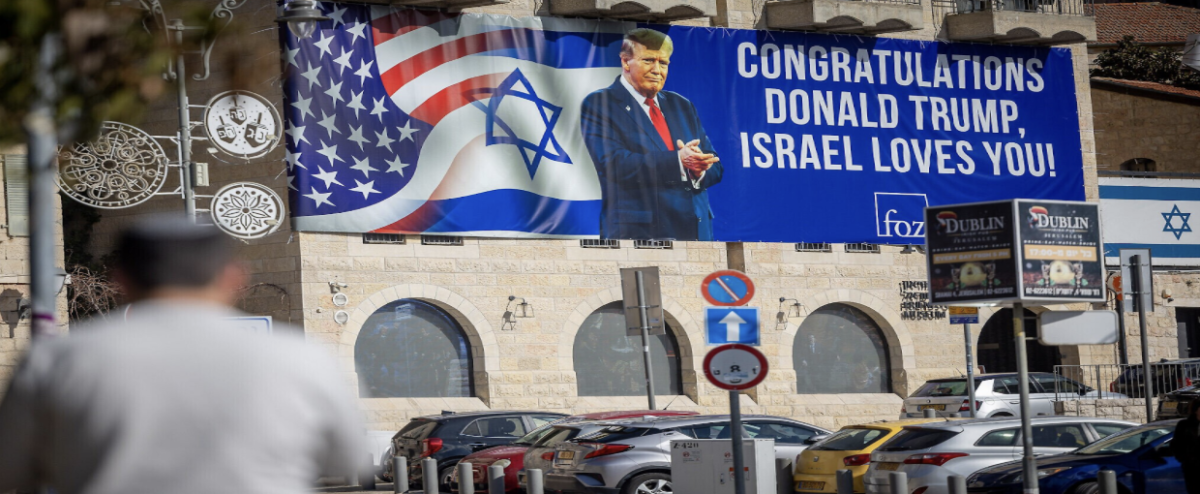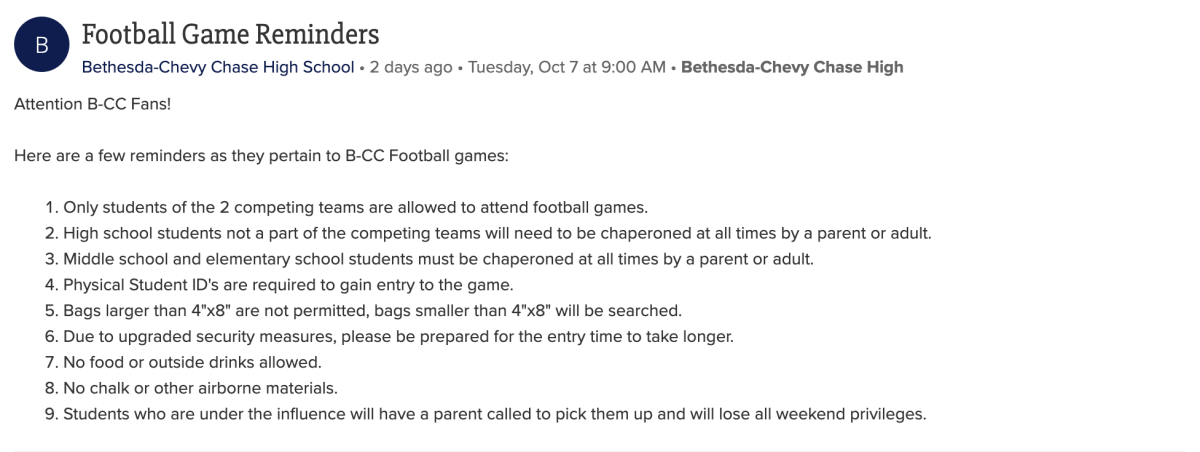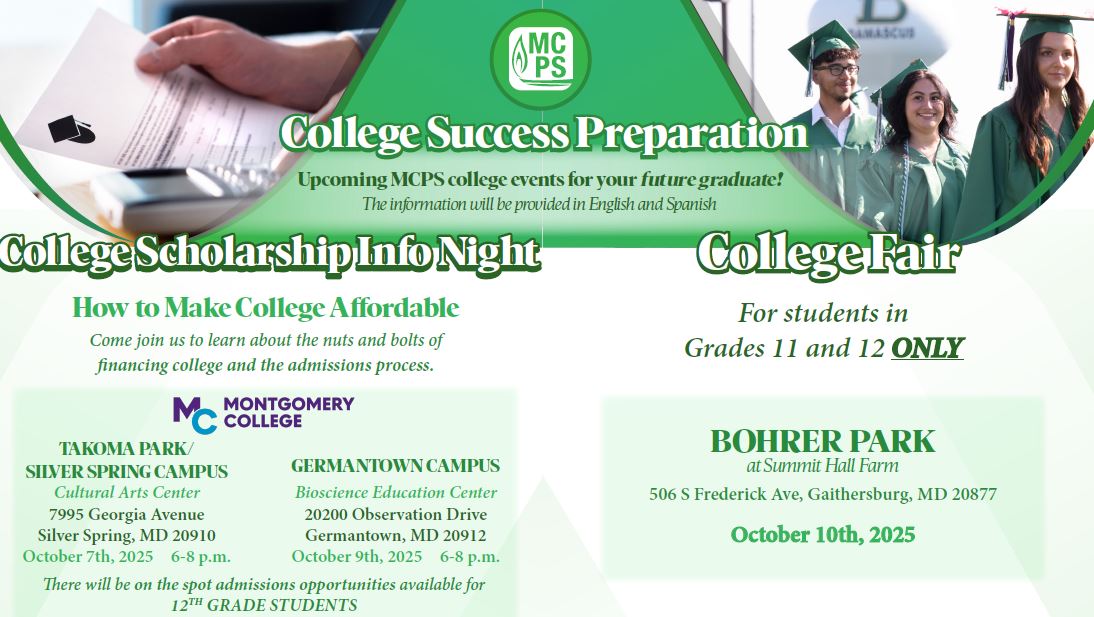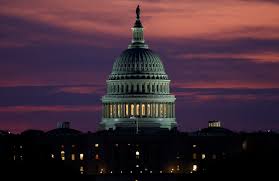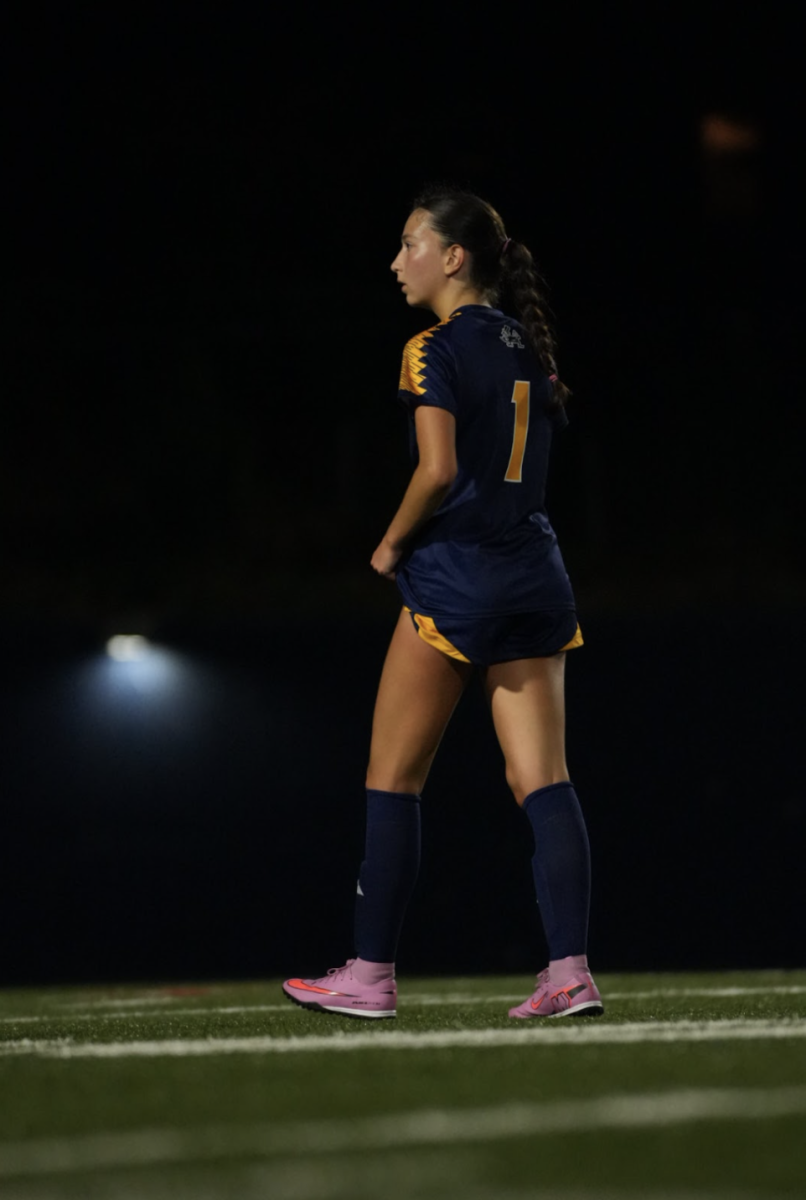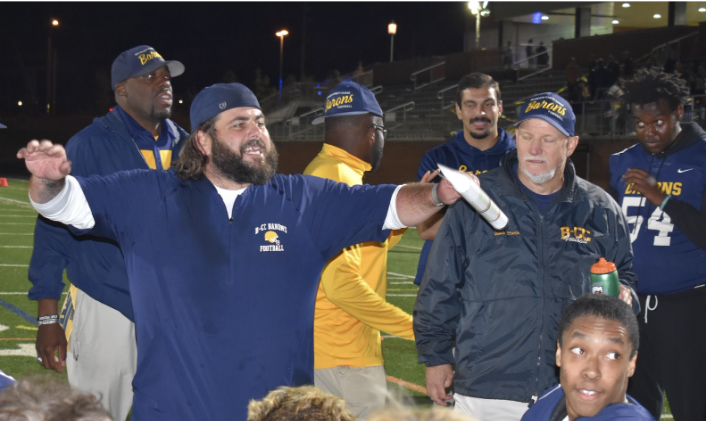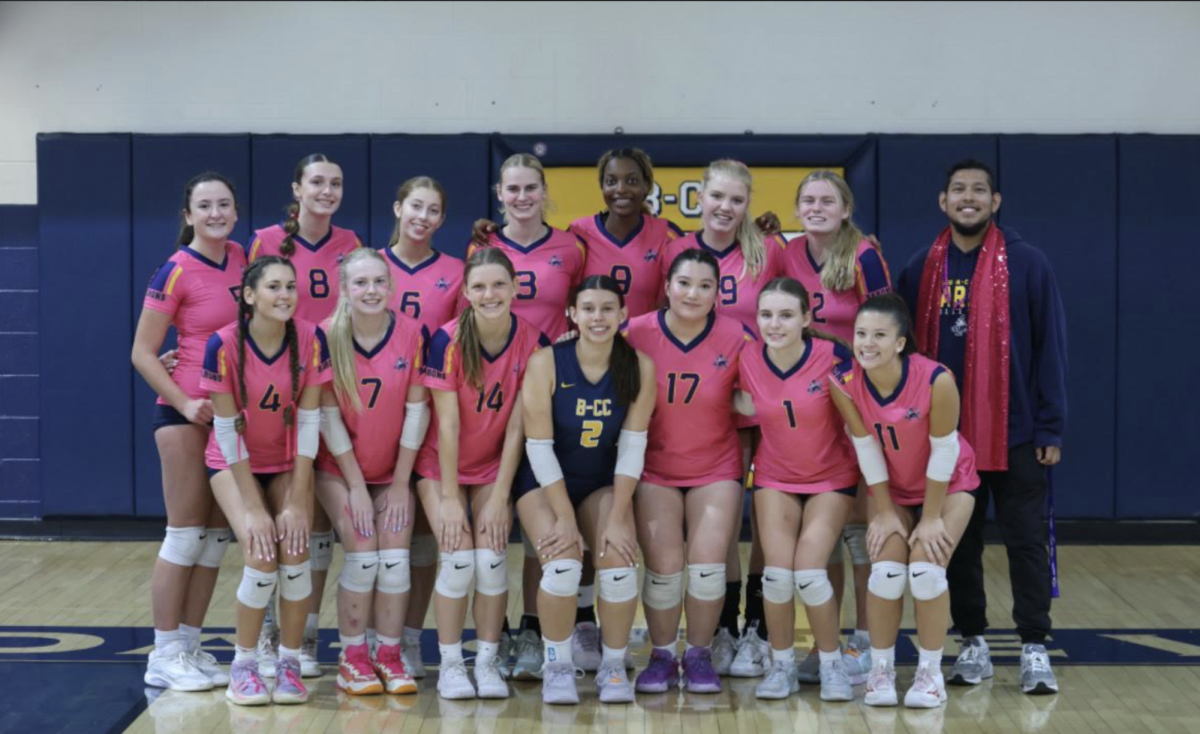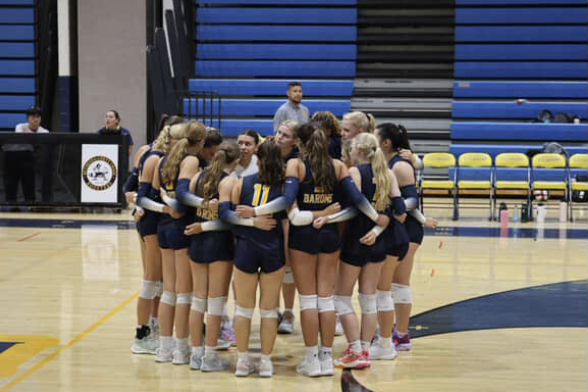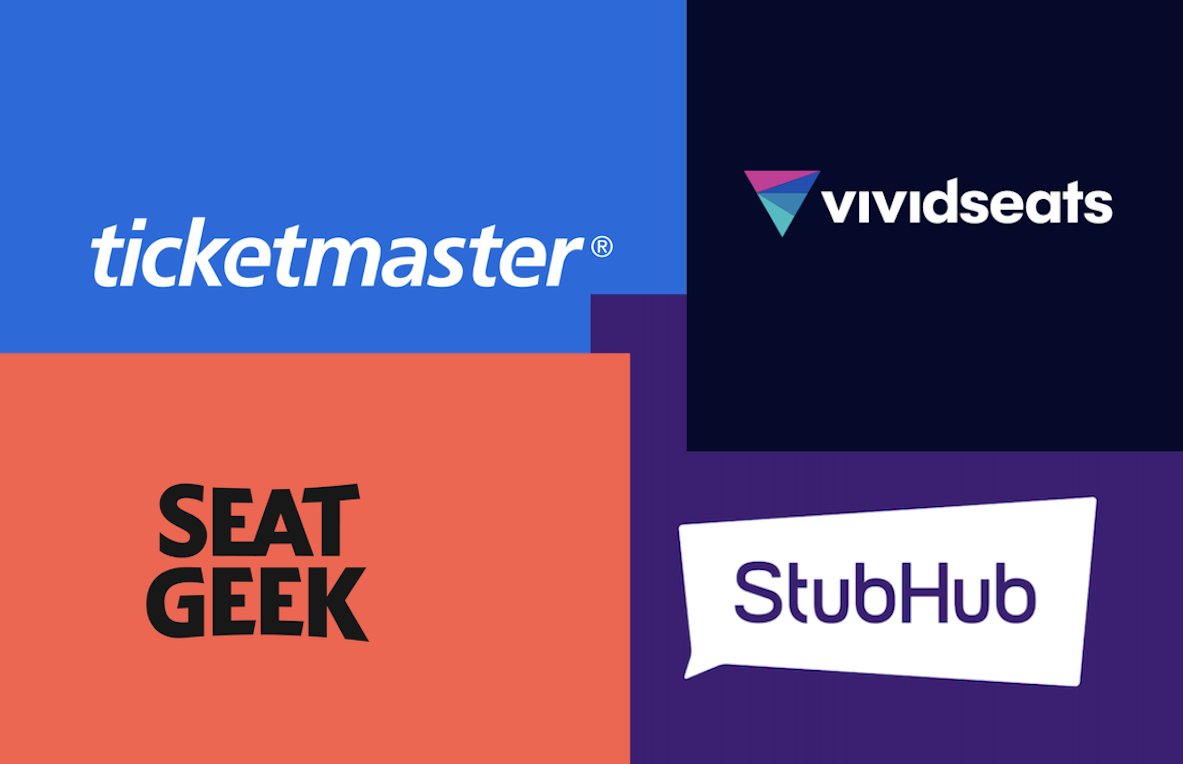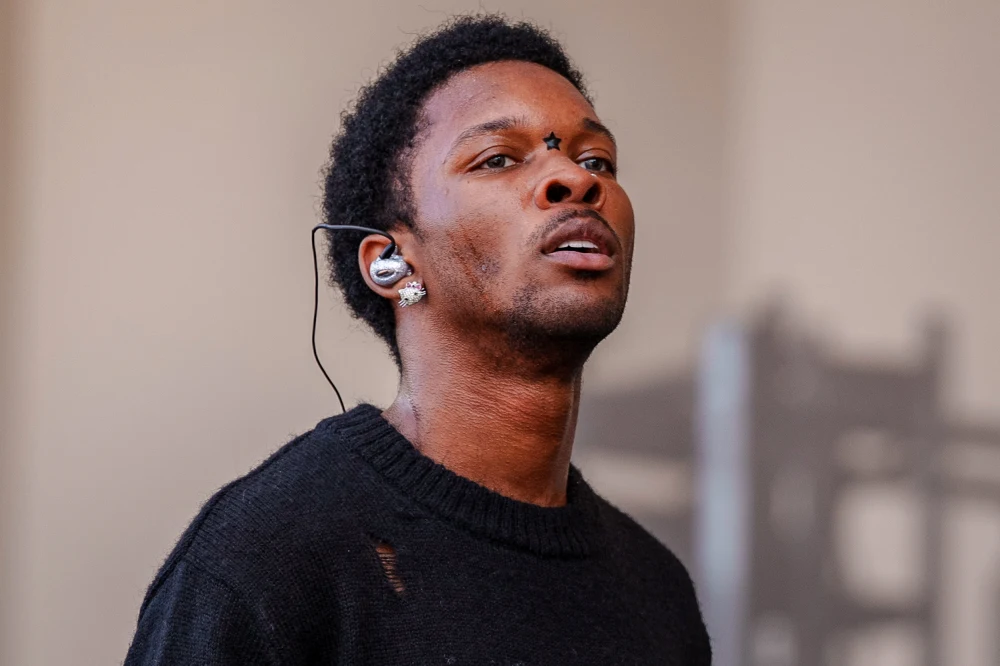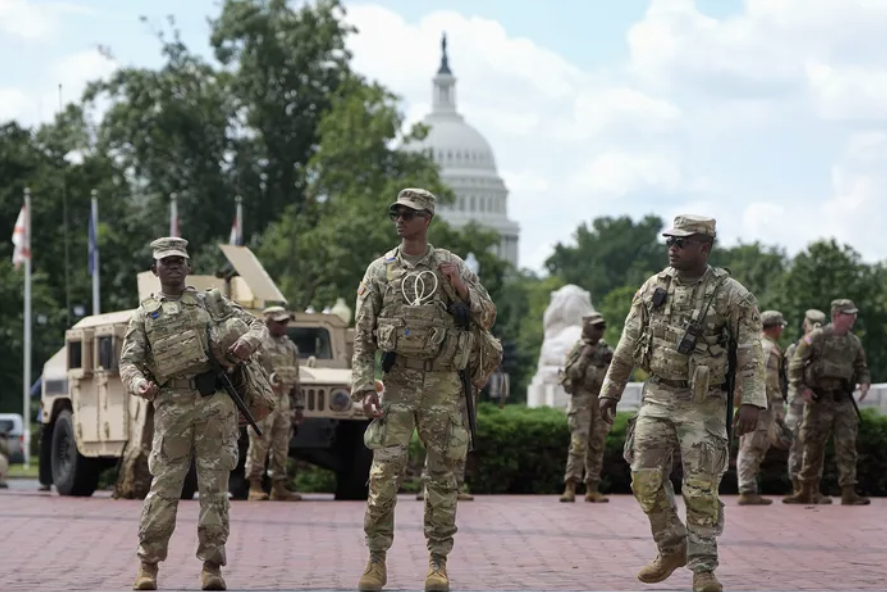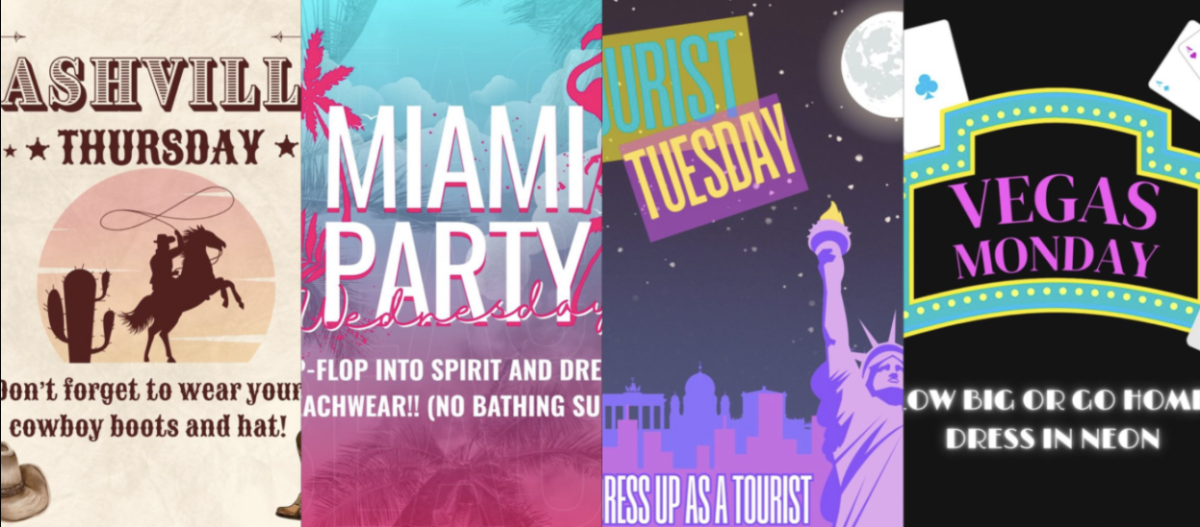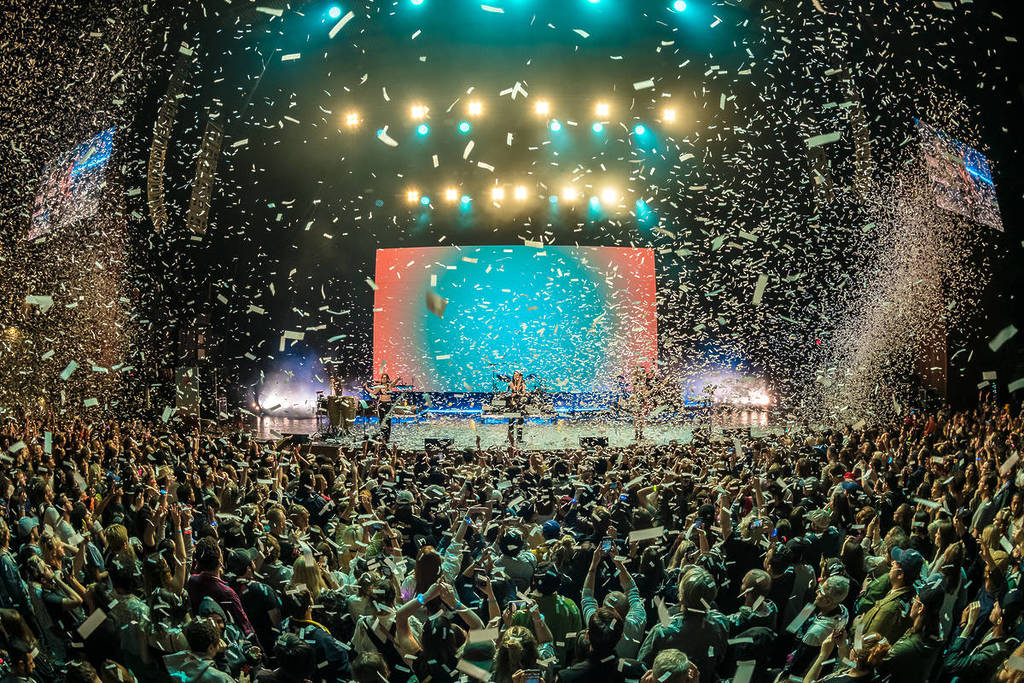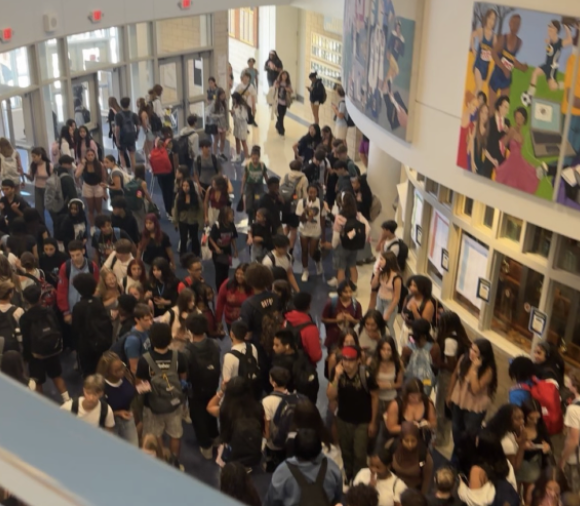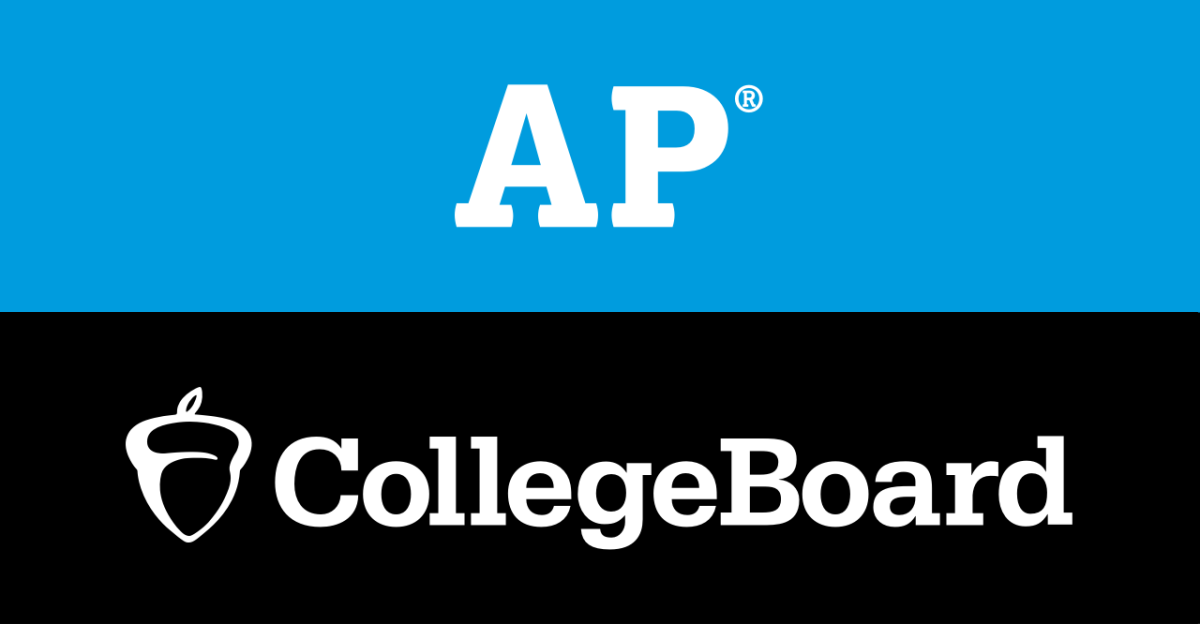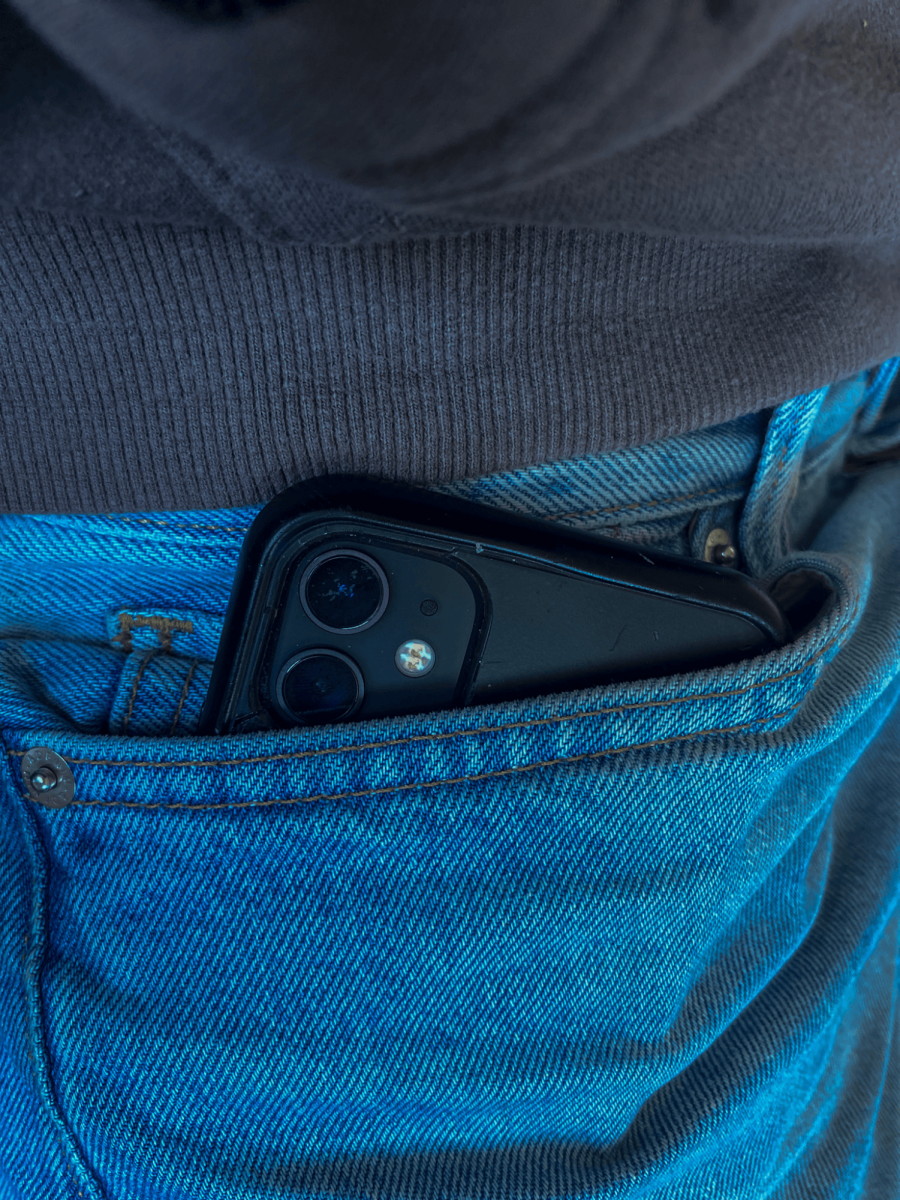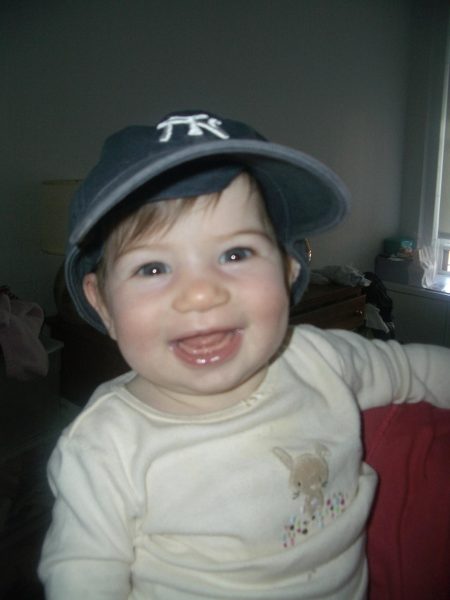For a few thousand dollars, you could get a used 2011 Honda Civic. Or, you could get a single concert ticket.
Ticket sellers and resellers gouge prices to extreme figures. This abuse of power can prevent even the most diehard fans from seeing live shows or burglarize others who do fall prey. Music can bring people together, but not how the live music industry is now. The current inaccessibility and price-hiking on concert tickets must be stopped.
Nothing displayed this phenomenon more than Taylor Swift’s Eras Tour. Tickets sold out from Ticketmaster almost immediately after going on sale. Tickets for the last night of the tour, December 8, 2024, in Vancouver reached up to $14,000. The cheapest resale ticket for that same night was $593.
Live Nation CEO Michael Rapino recently spoke on the steep prices of coveted tickets: “In sports, I joke it’s like a badge of honor to spend [$70,000] for Knicks courtside. They beat me up if we charge $800 for Beyonce.” He added, “The concert is underpriced.”
To the wealthy Rapino, $800 is underpriced. However, Rapino’s wildly out-of-touch view does not account for all those non-CEOs who don’t always have $800 to throw around.
B-CC students are no strangers to off-the-charts ticket prices. Junior Sofia Bilbay admits to spending up to $200 on Taylor Swift tickets, feeling like that was about the highest she could bear to go. “It’s honestly a bit upsetting, because there’s lots of artists that I’d really love to see, but just like, for the price point they’re selling their tickets at, just kind of undoable,” Bilbay said about the concert ticket climate as it is now.
Chronic concert goer and B-CC senior Charlize Lenchak confessed to spending $450 to see Zach Bryan. Similarly to Bilbay, Lenchak is frustrated by the hiked prices of concert tickets: “It makes me angry, because why am I spending $200 to be in the nosebleeds?”
This injustice to live music fans is mostly due to a practice called dynamic pricing. Ticketmaster’s dynamic pricing hikes up ticket prices in response to demand, with permission from artists. However, this demand is not always authentic. Scalpers use bots to buy up tickets as soon as they go on sale. This raises ticket prices for real fans, and increases demand that allows scalpers to resell tickets for however much they choose. Artists who are already millionaires should not be hiking up their prices, and multi-billion-dollar ticket seller companies should not be taking advantage of fans either. With all of these factors combined, affordable and accessible concert tickets are simply a thing of the past.
“The resellers are crazy, and then all the bots get the tickets, and they don’t go to real fans,” said Lenchak.
There is a growing sense of price inelasticity amongst habitual concert goers. The live music industry knows that no matter what they charge, fans will buy tickets. Rather than using these swindling tactics, ticket sellers should have set reasonable prices.
The price of tickets does not always correlate with your experience at the event. Small, local shows are often cheap – if not free – and still a fun way to spend a night.
“I think for local shows, usually it’s very inexpensive to … and whenever it is expensive, it’s for a cause,” said senior Toñito Tijerino – a prominent member of the local music scene in Bethesda – adding, “with local shows, you’re not guaranteed a great show. But what comes with local shows [is] it’s more of a social thing than a viewing thing.”
If only we could have both the thrill of a great show from our favorite artists and an accessible price. For this to be our reality, the oligopoly over concert tickets must be reduced, allowing more fans to see live music, for a price that won’t break the bank. Dynamic pricing, scalpers, and price gouging must stop.

